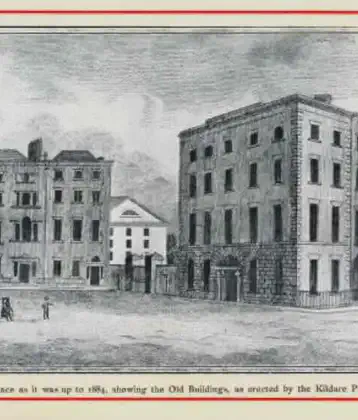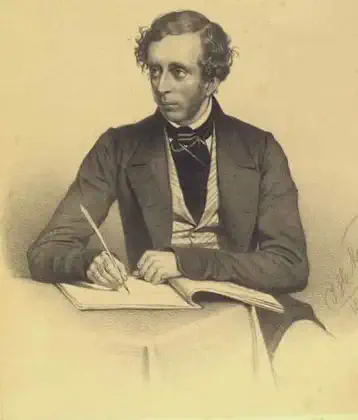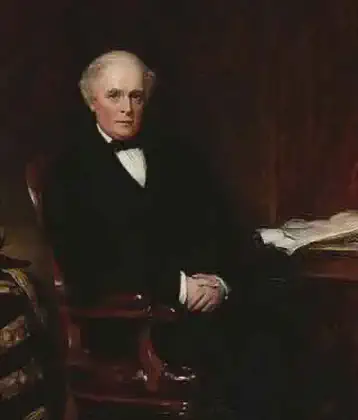On December 02, 1791 in Celtic History
Henry flood, promoted the movement for legislative independence in ireland, died
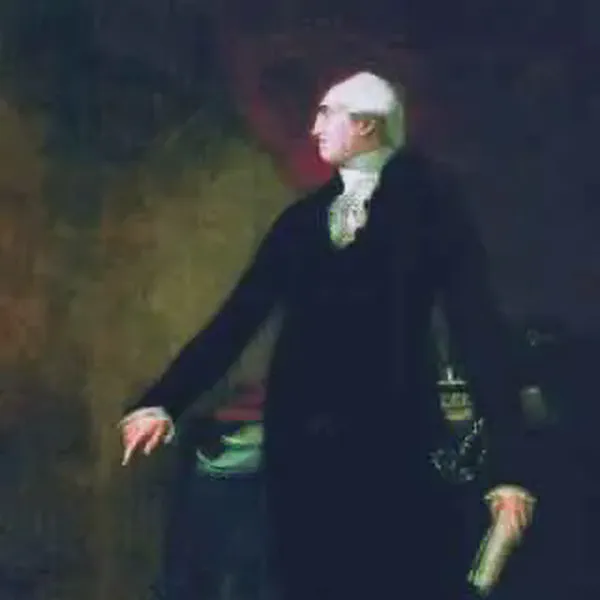
Henry Flood (1732 – 2 December 1791) was an Irish statesman and Lord Chief Justice of the King’s Bench for Ireland. He was educated at Trinity College Dublin, and afterwards at Christ Church, Oxford, where he became proficient in the classics. He was a leading Irish politician, and a friend of Henry Grattan, the leader of the Irish Patriot Party.
He became an object of public interest in 1770, when he was put on trial for murder, after killing a political rival in a duel.
Henry was the son to Warden Flood. He was married to Lady Frances Beresford, daughter of Marcus Beresford, 1st Earl of Tyrone, and Lady Catherine Power, who brought him a large fortune.
He was a member of the Irish Parliament and a supporter of parliamentary independence for Ireland.
Irish parliament
In 1759, he entered the Irish parliament as member for County Kilkenny, a seat he held until 1761. There was at that time no party in the Irish House of Commons that could truly be called national, and until a few years before there had been none that deserved even the name of opposition.
The Irish parliament was still constitutionally subordinate to the English privy council; it had practically no powers of independent legislation, and none of controlling the policy of the executive, which was nominated by the ministers in London.
Roman Catholics banned
Though the majority of the people were Roman Catholics, no person of that faith could either enter parliament or exercise the franchise; the penal code, which made it almost impossible for a Roman Catholic to hold property, to follow a learned profession, or even to educate his children, and which in numerous particulars pressed severely on the Roman Catholics and subjected them to degrading conditions, was as yet unrepealed, though in practice largely obsolete; the industry and commerce of Ireland were throttled by restrictions imposed, in accordance with the economic theories of the period, in the interest of the rival trade of Great Britain.
British Parliament
In 1776, Flood had made an attempt to enter the British House of Commons. In 1783, he tried again, this time successfully. He purchased a seat for Winchester from the duke of Chandos, and for the next seven years he was a member at the same time of both the British and Irish parliaments. He reintroduced, but without success, his reform bill in the Irish House in 1784; supported the movement for protecting Irish industries; but short-sightedly opposed Pitt’s commercial propositions in 1785.
He remained a firm opponent of Roman Catholic emancipation, even defending the penal laws on the ground that after the Revolution, they were not laws of persecution but of political necessity; but after 1786, he does not appear to have attended the parliament in Dublin.
Death
Flood died on December 2, 1791. His death occurred during a critical period in Irish history, with debates and struggles for legislative independence ongoing.
The movement continued to gain traction in the years following Flood’s death, eventually leading to the establishment of the Irish Parliament’s legislative independence with the passage of the Irish Parliament Act 1782.
More From This Day

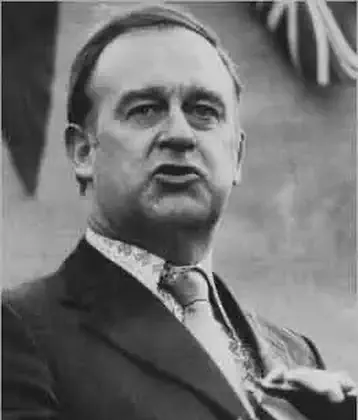
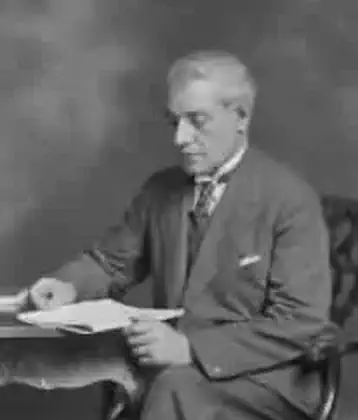
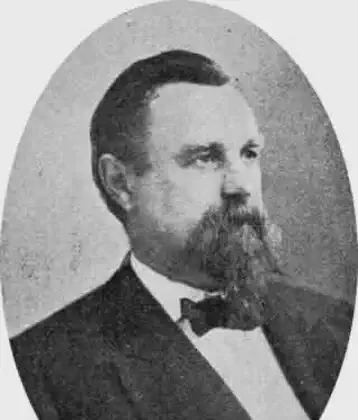
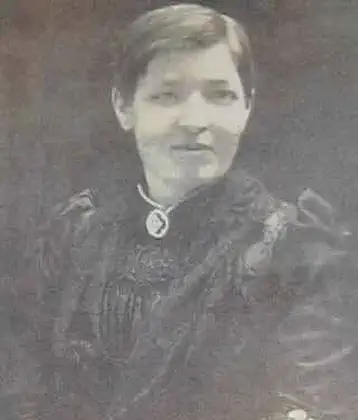
Mary Slessor, missionary in Nigeria, West Africa, born in Aberdeen, Scotland
December 02, 1848
